Home>Interior Design>Why Your Mattress May Be Causing Your Back Pain, Say Experts
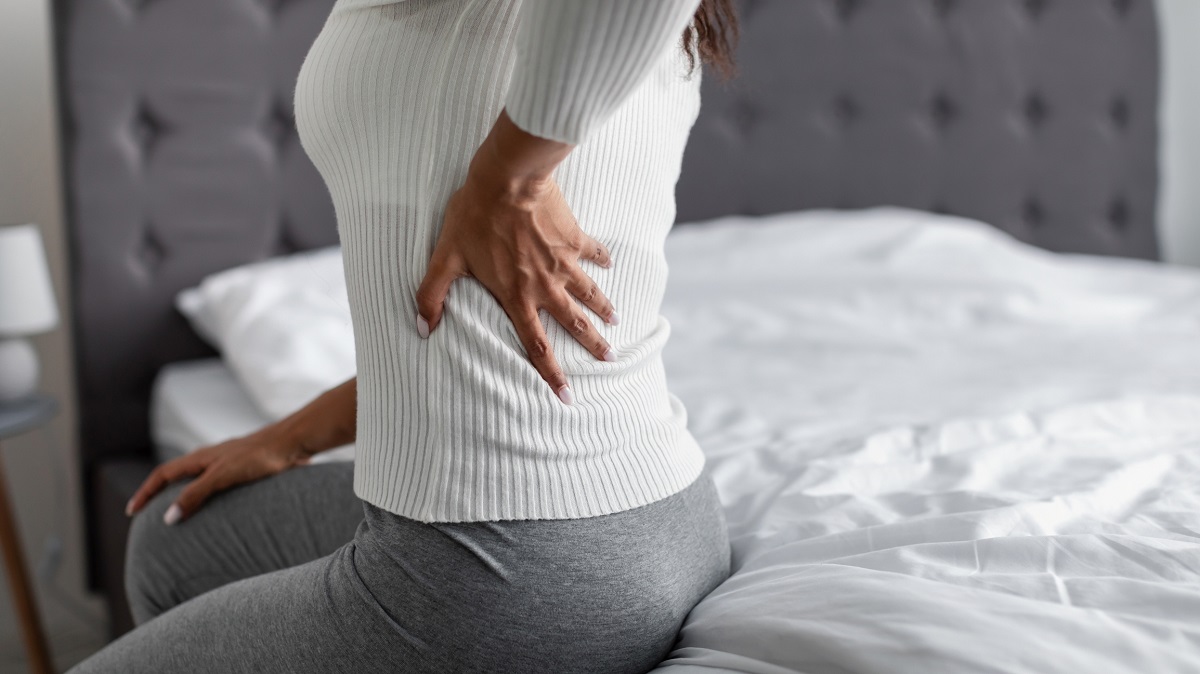

Interior Design
Why Your Mattress May Be Causing Your Back Pain, Say Experts
Modified: September 1, 2024
Find out why experts say your interior design, specifically your choice of mattress, may be the culprit behind your back pain. Discover solutions to alleviate discomfort and improve your sleep.
(Many of the links in this article redirect to a specific reviewed product. Your purchase of these products through affiliate links helps to generate commission for Storables.com, at no extra cost. Learn more)
Introduction
Back pain is a common issue that many people experience at some point in their lives. It can be a minor inconvenience or a debilitating condition that affects daily activities. While there are various factors that can contribute to back pain, one often overlooked culprit is the mattress we sleep on.
Experts have long emphasized the importance of a good mattress in maintaining spinal alignment and providing adequate support during sleep. Yet, many individuals continue to suffer from back pain without realizing that their mattress may be the underlying cause.
In this article, we will explore the relationship between mattresses and back pain, and why it is crucial to choose the right mattress to alleviate and prevent this common issue. We will also discuss other factors to consider for back pain relief, as well as when it may be necessary to seek professional help to address persistent or severe back pain.
By understanding the impact of mattresses on back pain and taking steps to optimize our sleep environment, we can significantly improve our overall well-being and quality of life.
Key Takeaways:
- Your mattress could be the culprit behind your back pain. Choosing the right mattress with optimal support, firmness, and contouring can alleviate discomfort and promote spinal alignment for a pain-free sleep.
- Don’t overlook the impact of your mattress on back pain. Consider factors like firmness, support, and quality when selecting a mattress. Seek professional help if your back pain persists or worsens.
Read more: What Type Of Mattress Is Good For Back Pain
Common Causes of Back Pain
Before delving into the role of mattresses in causing back pain, it’s crucial to understand the common causes of this condition. Back pain can arise from a combination of factors, including:
- Muscle strains or sprains: Performing sudden or repetitive movements, lifting heavy objects, or engaging in strenuous physical activities can strain the muscles and ligaments in the back, leading to pain.
- Poor posture: Slouching, hunching over desks, or sitting for prolonged periods with improper posture can strain the back muscles and disrupt the natural alignment of the spine.
- Injuries: Accidents, falls, or trauma can cause damage to the spine, discs, or nerves, resulting in acute or chronic back pain.
- Degenerative conditions: Conditions such as arthritis, herniated discs, or spinal stenosis can lead to the gradual deterioration of the spine, causing chronic back pain.
- Medical conditions: Certain medical conditions, like kidney stones, fibromyalgia, or infections, can also trigger back pain.
It’s important to note that these causes can often be interconnected. For example, poor posture can lead to muscle imbalances, which can then strain the muscles and cause pain. Understanding the root cause of back pain is essential to effectively address and manage the condition.
The Role of Mattresses in Back Pain
When it comes to back pain, the role of mattresses should not be underestimated. A mattress plays a crucial role in providing support, proper alignment, and pressure relief to the spine while we sleep. However, an inadequate or worn-out mattress can exacerbate existing back pain or even contribute to its development.
A high-quality mattress should effectively distribute your body weight, allowing your spine to maintain its natural curves. It should provide adequate support to the heavier parts of your body, like your hips and shoulders, while cushioning the lighter areas, such as your waist and neck. This helps to promote proper spinal alignment and reduce the likelihood of strain on the muscles and ligaments.
On the other hand, an old or sagging mattress can create pressure points that disrupt the natural alignment of the spine. It may not provide enough support to keep the spine properly aligned, leading to excessive stress on certain areas of the back. This can result in discomfort, pain, and stiffness.
Additionally, mattresses that are too firm or too soft may not provide the appropriate level of support for your body. A mattress that is too firm can create undue pressure on the spine, while a mattress that is too soft may not offer enough support, causing the spine to sink and curve unnaturally.
Furthermore, the type of mattress can also play a role in back pain. Different mattress materials, such as memory foam, latex, or innerspring, have varying levels of support and contouring properties. Finding the right mattress that suits your body type, sleeping position, and personal preferences is essential for maintaining a healthy back.
It’s important to remember that everyone’s needs and preferences are unique. What works for one person may not work for another. Therefore, it’s crucial to take the time to find the right mattress that provides optimal support, comfort, and alignment for your specific needs.
How Your Mattress Might Be Causing Back Pain
There are several ways in which your mattress might be contributing to or causing back pain:
- Inadequate support: If your mattress does not provide enough support or if it is worn out, it may not properly align your spine. This can lead to discomfort and strain on your back muscles.
- Poor spinal alignment: A mattress that is too firm or too soft can disrupt the natural alignment of your spine. If your mattress is too firm, it can create pressure points that cause discomfort. If it is too soft, it may not provide enough support, causing your spine to sink in an unnatural position.
- Lack of pressure relief: A mattress that fails to cushion pressure points can cause pain in sensitive areas such as the hips, shoulders, and lower back. Pressure points can impair circulation and lead to discomfort and stiffness.
- Old and worn-out mattress: Over time, mattresses can lose their support and cushioning properties. A sagging or lumpy mattress can cause uneven weight distribution, leading to strains on your back muscles and discomfort.
- Wrong mattress for your body type and sleeping position: Different body types and sleeping positions require different levels of support. For example, side sleepers may need a softer mattress to cushion the hips and shoulders, while back sleepers may benefit from a firmer mattress for better spinal alignment.
- Mattress allergies: Some individuals may have allergies to certain mattress materials or dust mites that accumulate in older mattresses. Allergic reactions can lead to inflammation and discomfort in the back.
It’s important to consider these factors when evaluating how your mattress might be contributing to your back pain. If you suspect that your mattress is the culprit, it may be time to consider investing in a new one that better suits your needs and provides the necessary support and comfort for a healthy back.
Tip: Choose a mattress that provides proper support for your back, such as a medium-firm option. Avoid sagging or worn-out mattresses that can lead to poor spinal alignment and back pain.
Choosing the Right Mattress for Back Pain Relief
When it comes to finding relief from back pain, selecting the right mattress is crucial. Here are some factors to consider when choosing a mattress:
- Firmness level: While there is no one-size-fits-all answer, a medium-firm mattress is often recommended for individuals with back pain. This level of firmness provides a balance between support and cushioning, promoting proper spinal alignment while offering pressure relief.
- Support: Look for a mattress that offers adequate support to maintain the natural curvature of your spine. Your bed should distribute your body weight evenly and provide support to the heaviest parts of your body, such as your hips and shoulders.
- Contouring: A mattress that contours to your body’s shape can help alleviate pressure points and reduce strain on your back. Memory foam and latex mattresses are known for their ability to conform to the body, providing customized support.
- Edge support: If you tend to sit or sleep near the edges of the bed, consider a mattress with reinforced edge support. This feature provides stability and prevents sagging, giving you consistent support across the entire surface of the mattress.
- Motion isolation: If you share your bed with a partner who tosses and turns during the night, look for a mattress with good motion isolation. This will help minimize disturbances, allowing you to have a more restful sleep and reducing the likelihood of waking up with back pain.
- Consider your body type and sleeping position: Different body types and sleeping positions require different levels of support. Side sleepers may need extra cushioning for their shoulders and hips, while back sleepers may benefit from a mattress that supports the natural curve of their spine.
- Quality and durability: Invest in a high-quality mattress that will provide long-term support and durability. A well-constructed mattress will maintain its shape and support for years, ensuring continued relief from back pain.
It’s important to test out different mattresses and spend some time lying on them before making a decision. Take advantage of retailer trials, read customer reviews, and consult with experts to help narrow down your options.
Remember, finding the right mattress is a personal choice. What works for one person may not work for another. Take into account your specific needs, preferences, and any recommendations from healthcare professionals to select a mattress that best suits you and provides the necessary support for your back pain relief.
Other Factors to Consider for Back Pain Relief
While choosing the right mattress is essential for back pain relief, there are other factors to consider that can contribute to overall well-being and alleviate discomfort. Here are some additional considerations:
- Pillow support: Your pillow plays a vital role in maintaining proper alignment of your head, neck, and spine. It should support the natural curvature of your neck and provide cushioning for your head. Choose a pillow that suits your sleeping position and provides adequate support.
- Proper sleep posture: Your sleep posture can greatly impact your back pain. Try to sleep in a position that maintains the natural curves of your spine. If you’re a side sleeper, placing a pillow between your knees can help align your hips. Back sleepers can use a small pillow under their knees to support the lower back. Experiment with different sleep positions to find what works best for you.
- Regular exercise: Engaging in regular physical activity can strengthen your back muscles, improve flexibility, and alleviate back pain. Incorporate exercises that target your core and back muscles, such as yoga, Pilates, or swimming, into your routine. Consult with a healthcare professional or physical therapist to determine the most suitable exercises for your condition.
- Ergonomic work setup: If you spend long hours sitting at a desk, it’s important to have an ergonomic work setup. Use an ergonomic chair that supports your lower back and encourages proper posture. Position your computer monitor at eye level and ensure your keyboard and mouse are within comfortable reach. Taking regular breaks to stretch and move can also help prevent back pain from prolonged sitting.
- Stress management: Stress can contribute to muscle tension and exacerbate back pain. Explore stress management techniques such as mindfulness, meditation, deep breathing exercises, or engaging in activities that promote relaxation. Maintaining a healthy work-life balance and getting enough sleep can also help manage stress levels and reduce back pain.
- Weight management: Carrying excess weight can put additional strain on your back. Maintaining a healthy weight through a balanced diet and regular exercise can help alleviate back pain and promote overall well-being.
By considering these factors in conjunction with selecting the right mattress, you can maximize your chances of finding relief from back pain and improving your sleep quality.
When to Seek Professional Help
In most cases, back pain can be managed with self-care measures and lifestyle changes. However, there are situations where it is important to seek professional help to address persistent or severe back pain. Here are some indicators that it may be time to consult a healthcare professional:
- Severe or worsening pain: If your back pain is severe and not improving with rest and self-care measures, it is advisable to seek medical attention. Severe pain could be a sign of a more serious underlying condition that requires medical intervention.
- Duration of pain: If your back pain persists for more than a few weeks, it may be indicative of a chronic condition. Chronic back pain can have various causes, such as arthritis, herniated discs, or spinal stenosis, and may require a thorough evaluation by a healthcare professional.
- Loss of bladder or bowel control: If you experience sudden loss of bladder or bowel control along with back pain, it may be a sign of a serious condition, such as cauda equina syndrome. This is a medical emergency, and immediate medical attention is necessary.
- Numbness or weakness: If you experience numbness or weakness in your legs or arms, it could be a symptom of nerve compression or spinal cord injury. Consulting a healthcare professional is important to assess and diagnose the underlying cause.
- History of injury or trauma: If your back pain is a result of a recent injury or trauma, it is advisable to seek medical evaluation to rule out any fractures, sprains, or other structural damage.
- High fever or unexplained weight loss: If your back pain is accompanied by a high fever or unexplained weight loss, it could indicate an infection or an underlying medical condition that requires medical attention.
A healthcare professional, such as a primary care physician, orthopedic specialist, or physical therapist, will be able to perform a thorough evaluation, order any necessary diagnostic tests, and provide appropriate treatment options based on your specific condition.
Remember, it’s always better to seek professional advice if you have any concerns about your back pain. They can provide you with a proper diagnosis and guide you towards the most effective treatment plan to alleviate your pain and promote healing.
Conclusion
Back pain is a common ailment that can significantly impact our daily lives. While there are various causes of back pain, the role of our mattress should not be underestimated. An inadequate or worn-out mattress can contribute to discomfort, muscle strain, and disrupted spinal alignment, exacerbating existing back pain or even causing it in the first place.
Choosing the right mattress is crucial for finding relief from back pain and promoting a healthy back. Factors such as firmness level, support, contouring, edge support, and quality should all be considered when selecting a mattress. Additionally, pillow support, proper sleep posture, regular exercise, ergonomic work setups, stress management, and weight management can all contribute to overall back pain relief.
However, it’s important to know when to seek professional help. If your back pain is severe, worsening, persists for an extended period, or is accompanied by other concerning symptoms, it is recommended to consult a healthcare professional. They can provide a proper diagnosis, evaluate your condition, and offer appropriate treatment options to address your specific needs.
By understanding the relationship between our mattress and back pain, and taking steps to optimize our sleep environment, we can minimize discomfort, promote proper spinal alignment, and improve our overall well-being. Remember, everyone’s needs are unique, so take the time to find the mattress that suits your body type, sleeping position, and personal preferences to ensure a comfortable and pain-free sleep.
Investing in a high-quality mattress and prioritizing your back health can make a significant difference in how you experience and manage back pain. With proper care and support, you can wake up feeling refreshed, rejuvenated, and ready to take on the day with a healthy back.
Frequently Asked Questions about Why Your Mattress May Be Causing Your Back Pain, Say Experts
Was this page helpful?
At Storables.com, we guarantee accurate and reliable information. Our content, validated by Expert Board Contributors, is crafted following stringent Editorial Policies. We're committed to providing you with well-researched, expert-backed insights for all your informational needs.
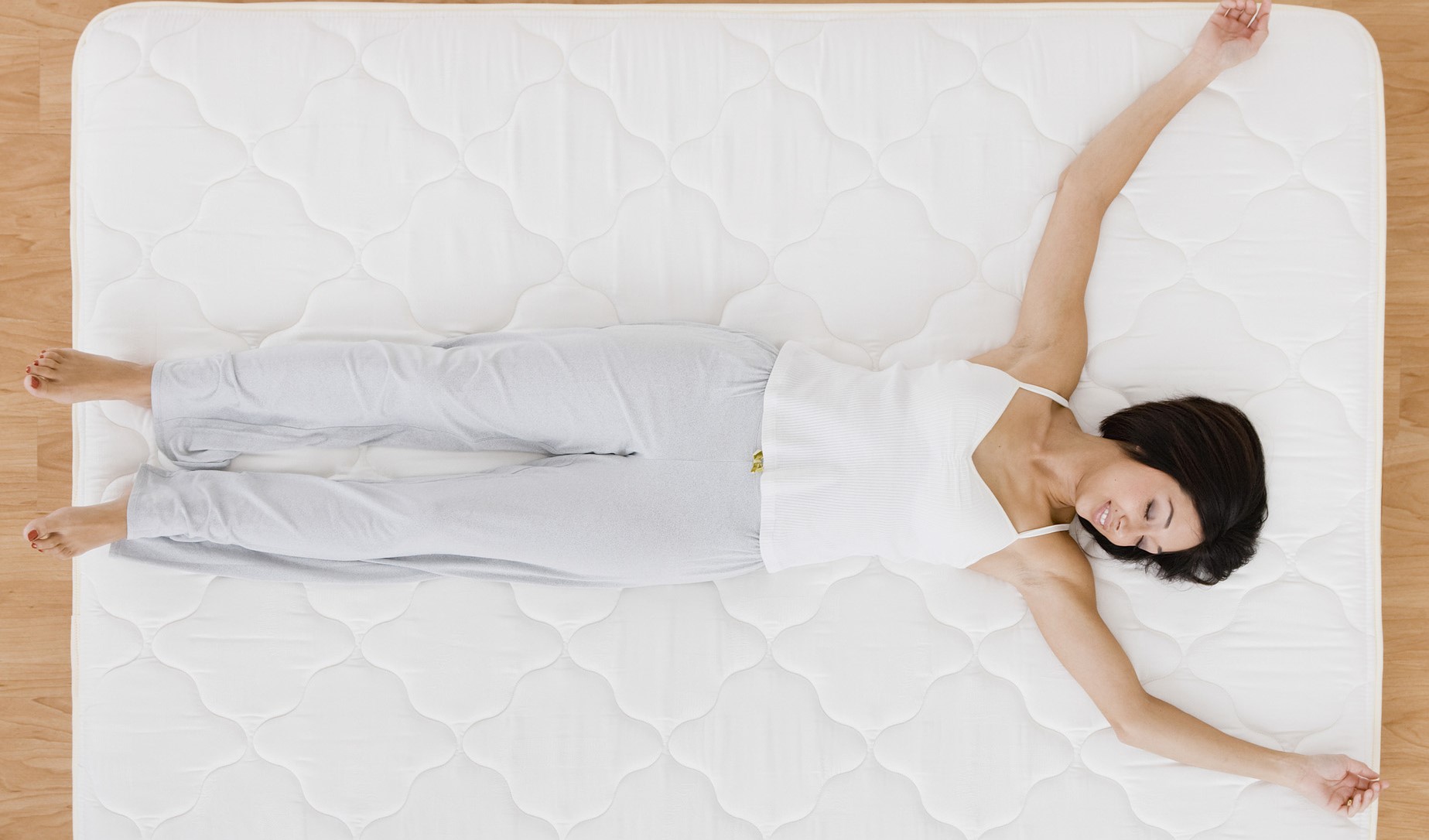
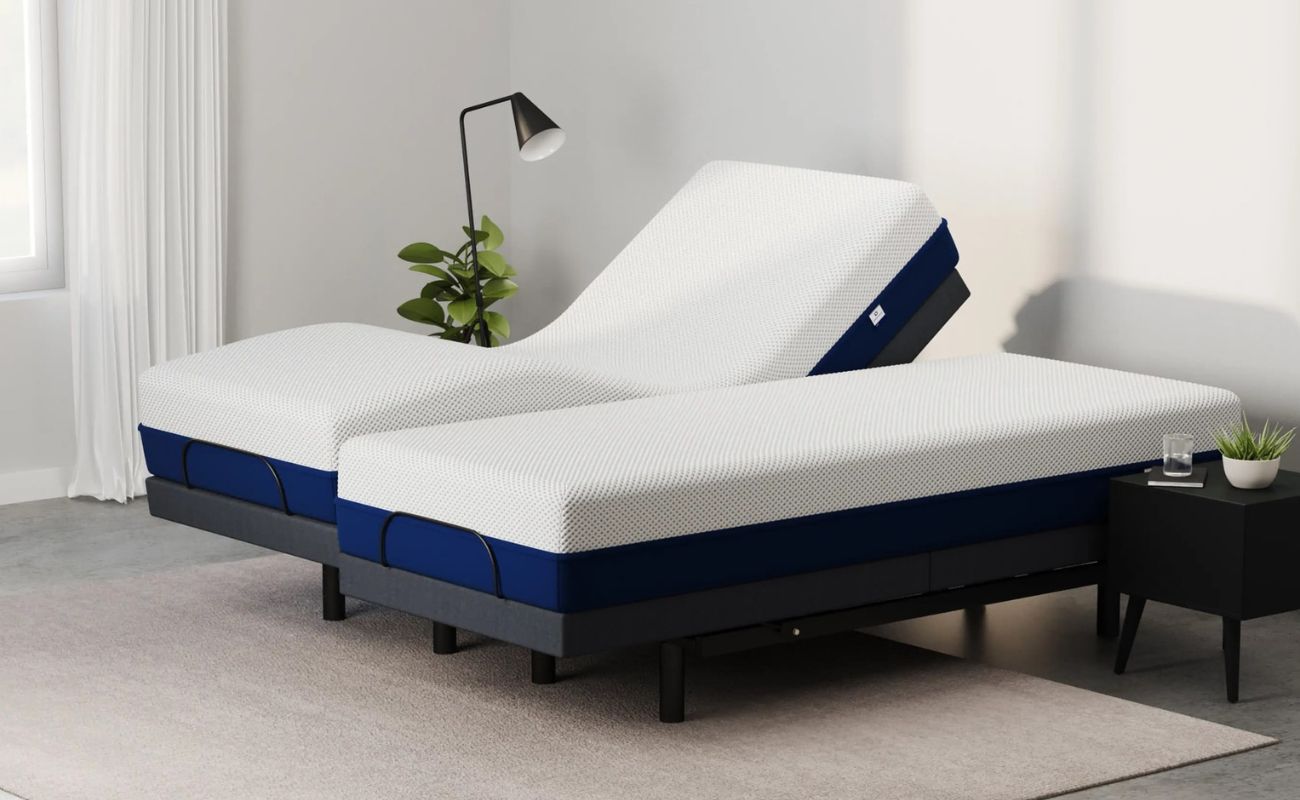
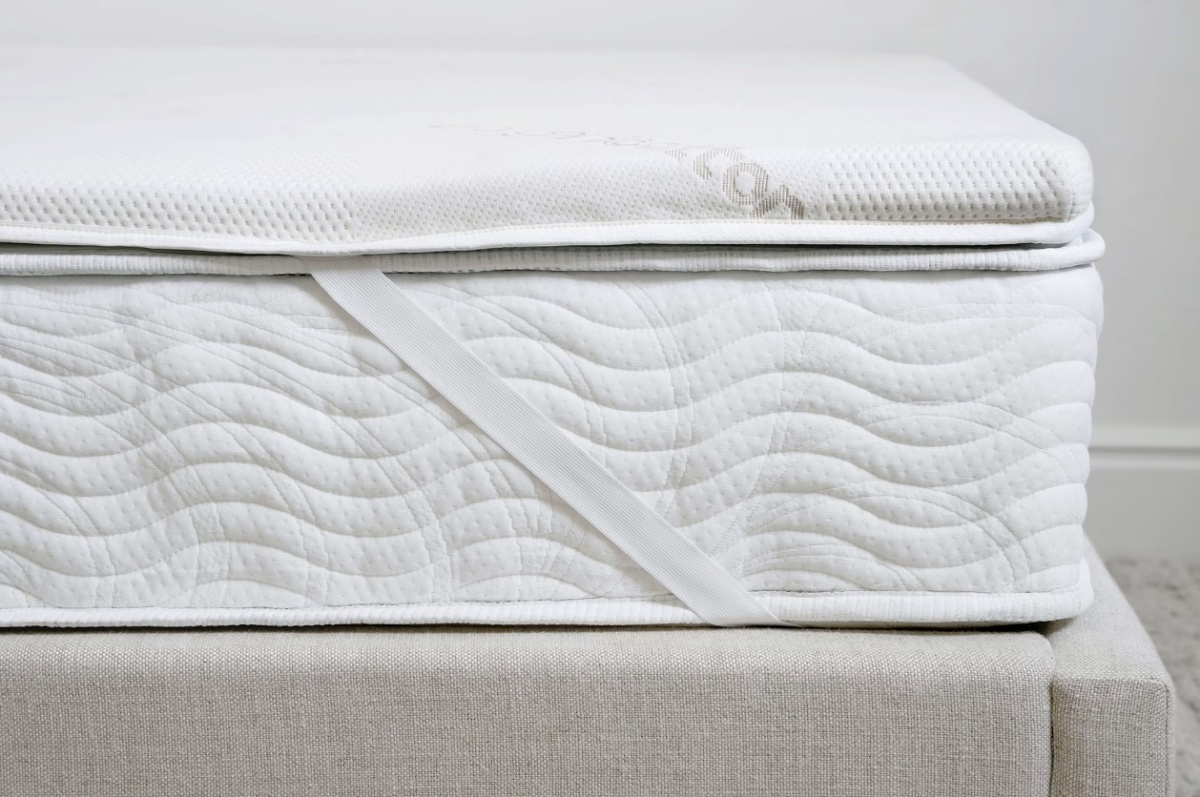

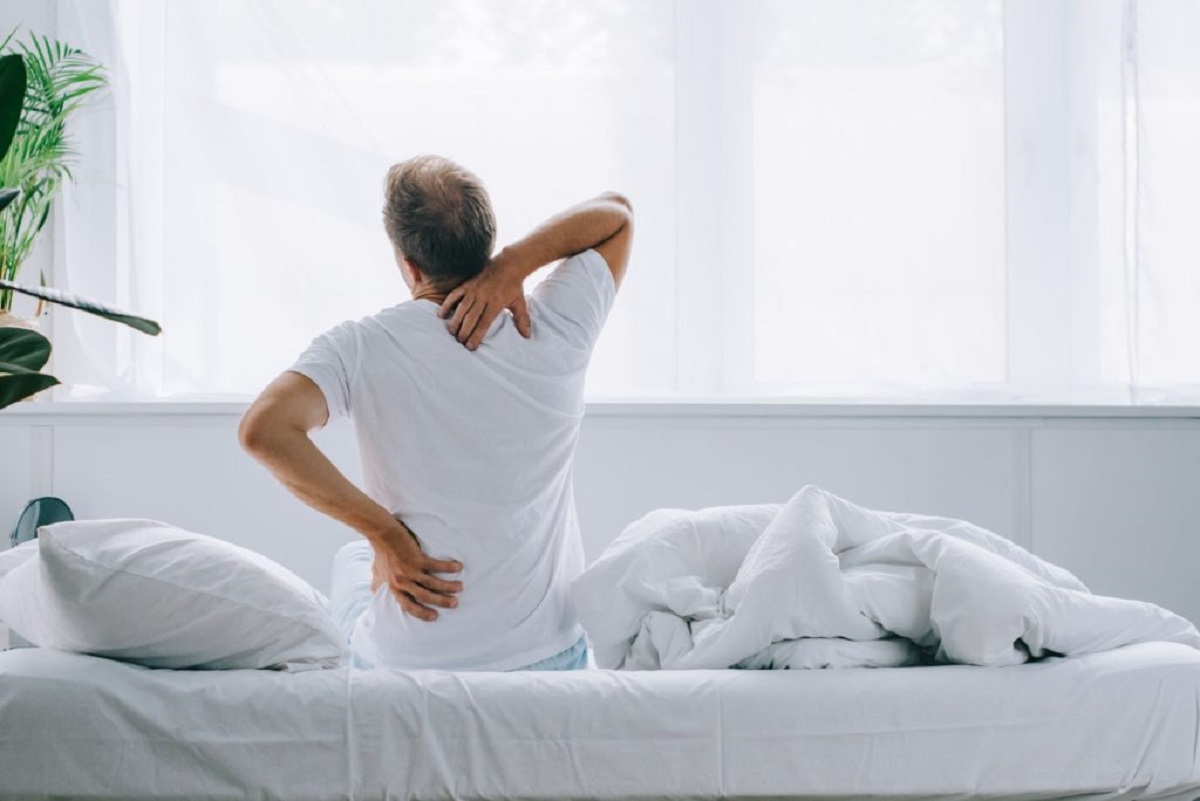
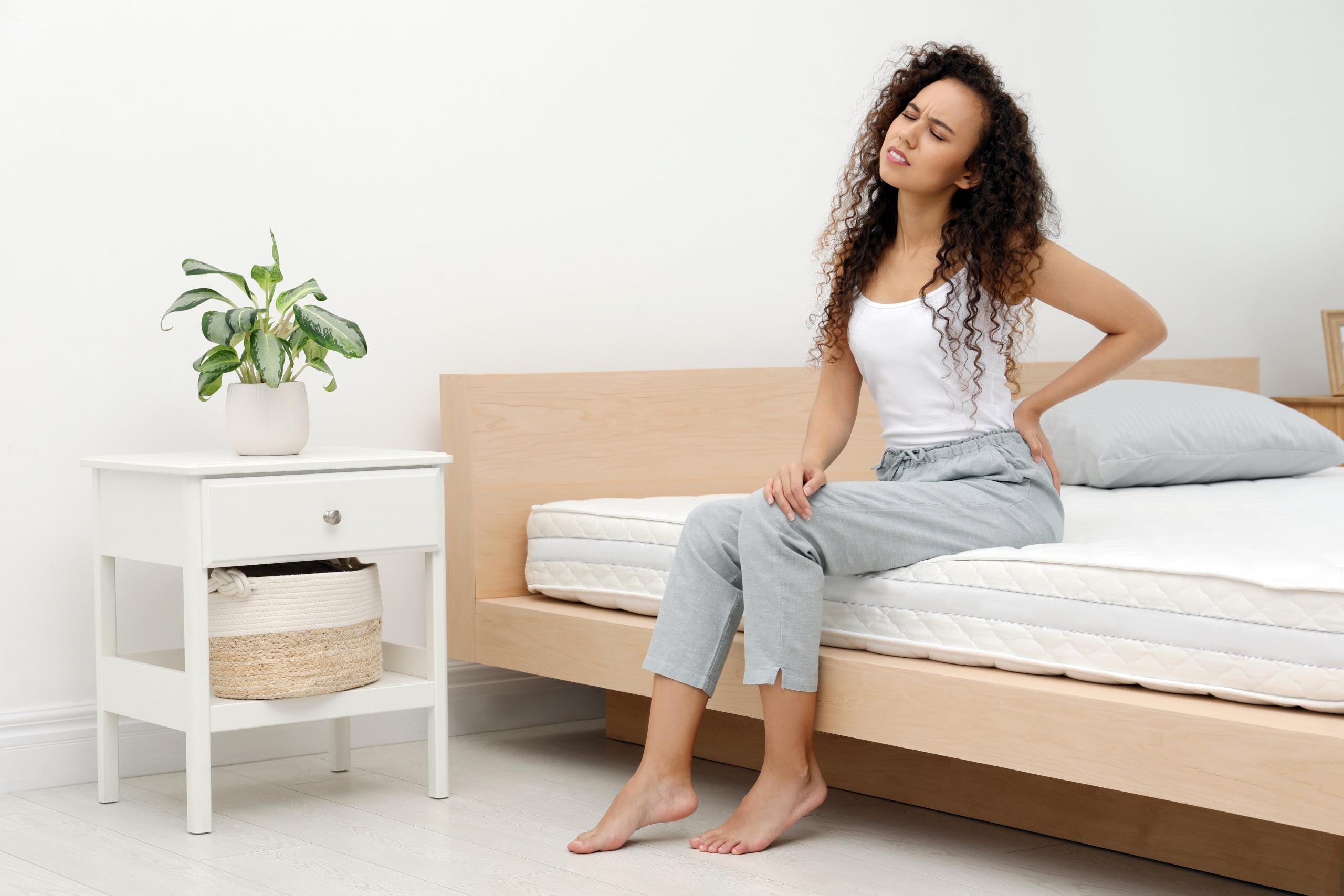


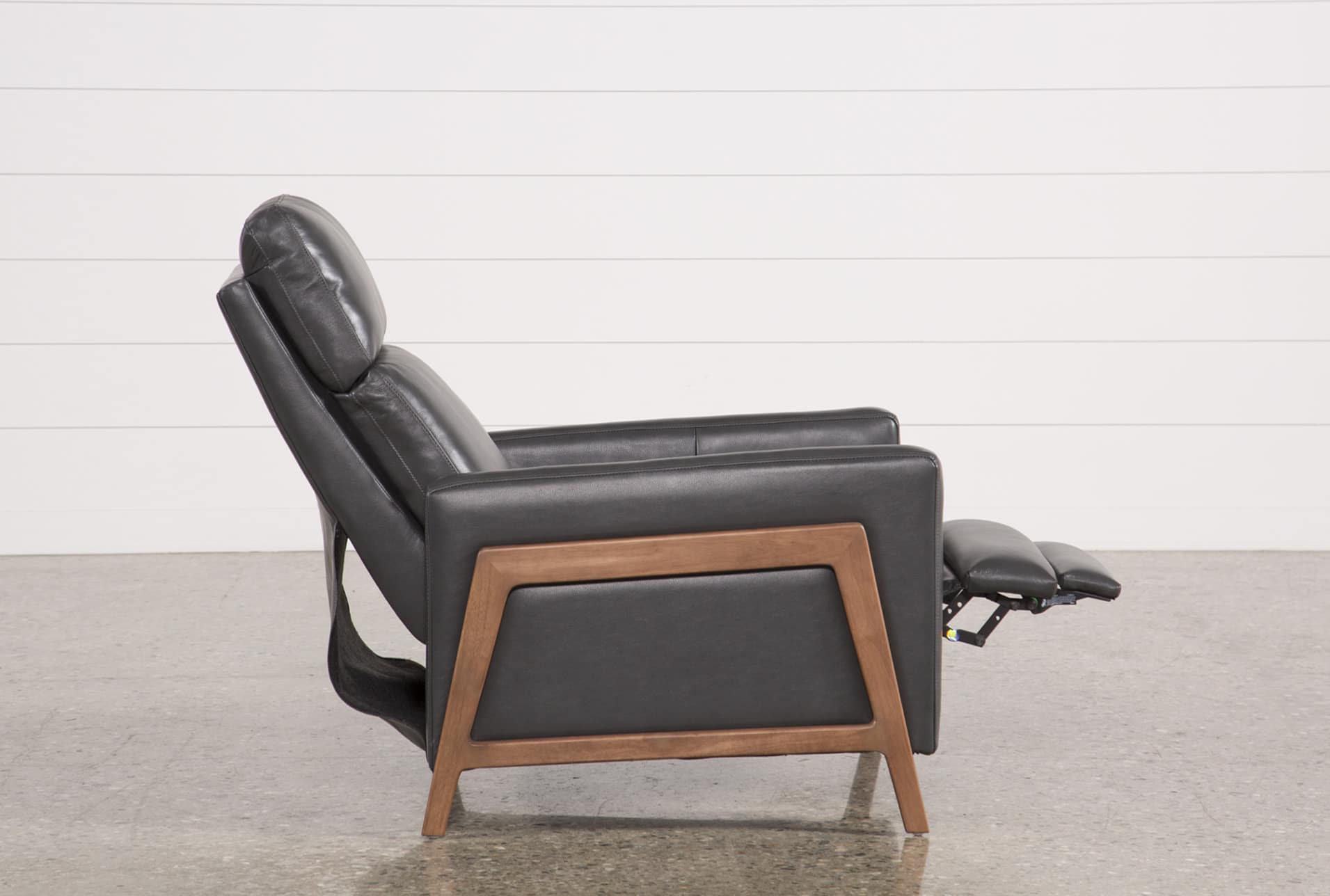
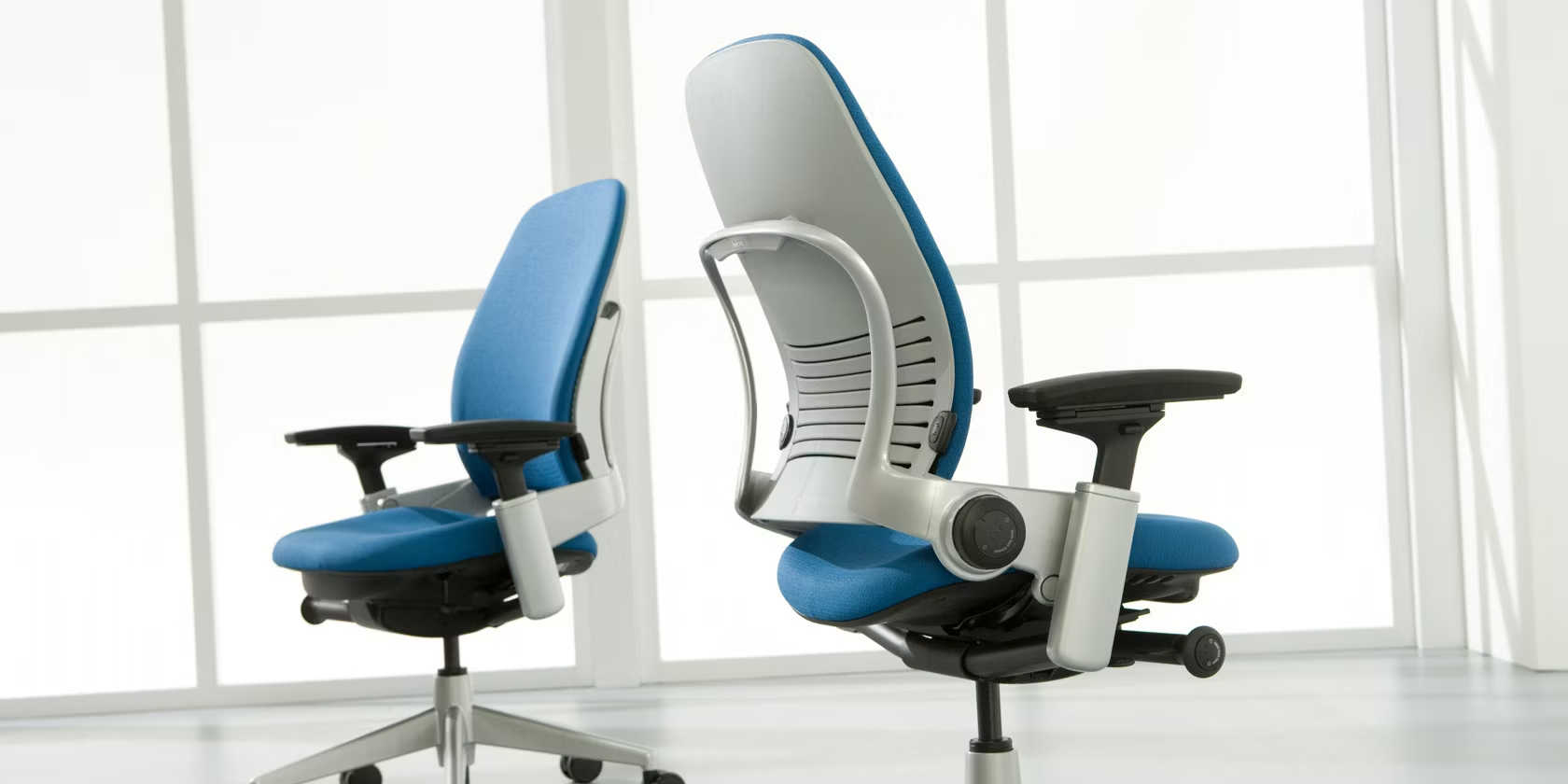

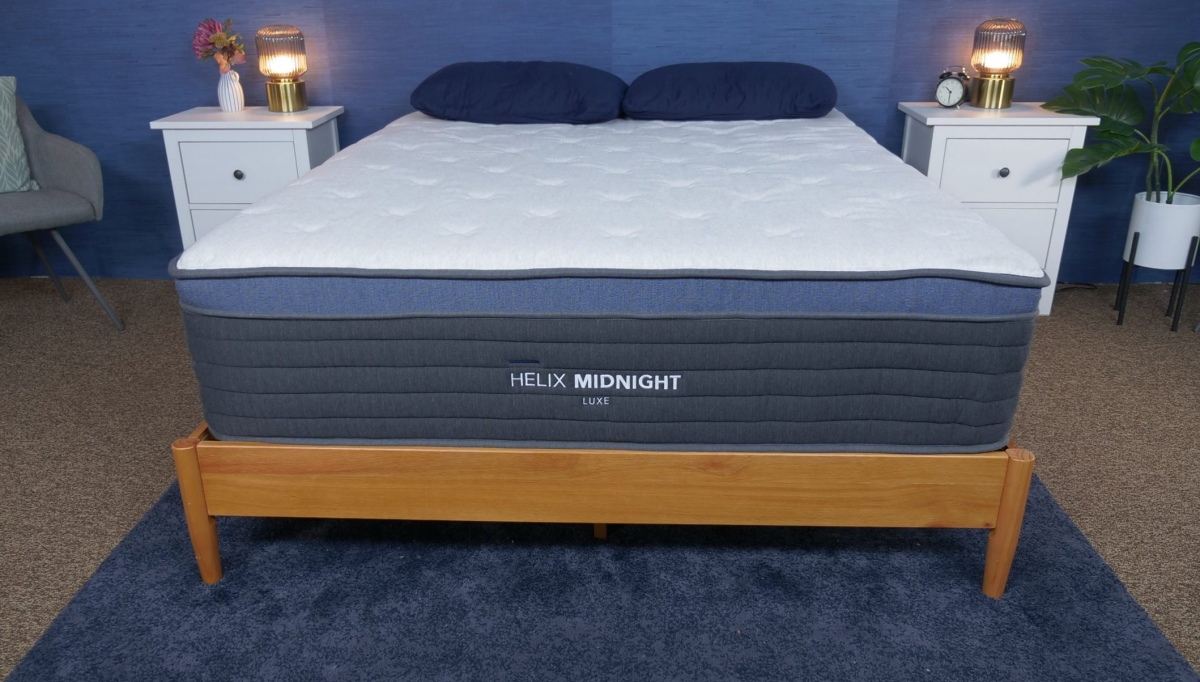

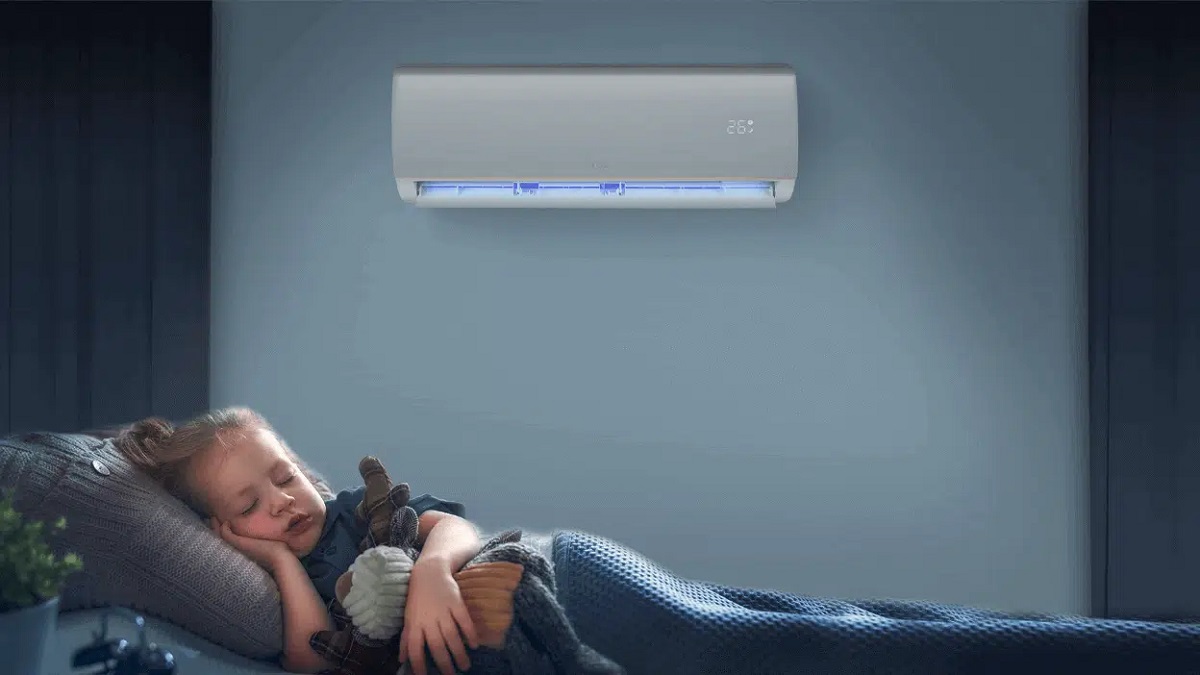

0 thoughts on “Why Your Mattress May Be Causing Your Back Pain, Say Experts”